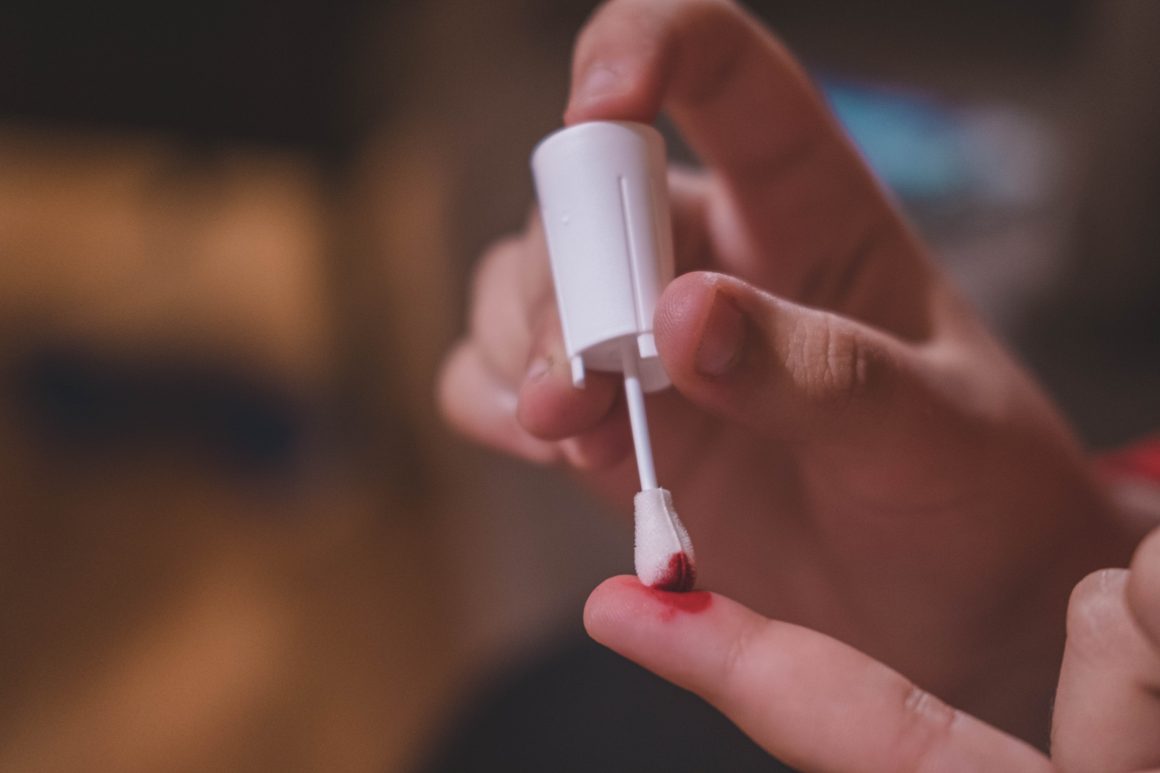
Rapid HIV self-test kits now available in Canada
By Danise Simpelo, June 22 2021—
Nathan Lachowsky, a professor at the University of Victoria is at the forefront of the largest national bilingual sexy survey for gay, bisexual, transgender, two-spirit and queer men and non-binary people (GBT2Q).
On April 20, 2021 in Vancouver, British Columbia, it was announced by the Community Based Research Centre (CBRC) that paid HIV self-test kits were available to anyone 18-years or older, with a limit of three if requested via mail.
Lachowsky is an associate professor at the university and Research Director of the CBRC. He is the co-lead of a larger national effort to reach people in Canada who are undiagnosed with HIV led by St. Michael’s hospital.
The emergence of COVID-19 had brought on new barriers regarding HIV testing. With the introduction of rapid testing kits, it removed the barriers of having to come in person or be limited to accessing testing.
The CRBC promotes the health of the GBT2Q community through research and intervention development. Their core pillars of community-led research, knowledge exchange, network building and leadership development allow for projects such as Sex Now to become so successful.
Sex Now, Canada’s largest health survey for GBT2Q men and non-binary people, announced their HIV rapid testing kits as part of their 2021 plan component. Each participant who requests a rapid HIV self-test kit must be of legal age, fill out a survey and will be able to opt for receiving mailed testing kits.
Test@Home became the official name of the project launched as part of this year’s Sex Now. This was in partnership with REACH Nexus — a national research group and major benefactor who work on solutions for HIV and other sexualty transmitted and blood borne infections (STIBBs) in Canada.
Through this launch, the CBRC estimates that about 15,000 rapid HIV self-test kits will be distributed through Sex Now.
Chris Draenos, the National STBBI Testing and Linkage Implementation Manager who leads the HIV self-testing work at CBRC, shared the work and impact of rapid HIV testing kits in an interview with the Gauntlet.
He explained that HIV rapid testing and self-testing were not new — rather it was only new to Canada.
“Health care providers have been using it for many years — including myself on hundreds if not thousands of patients,” said Draenos.
Since 2013, the United States has had rapid self-tests available, so the question comes, why not Canada?
Draenos shared that there were a multitude of factors, one being the device — self-testing kits needed to receive an approval from Health Canada in order to be used in the country. One main point mentioned by Draenos was that instructions needed to be understandable in the Canadian context. As Canada is a bilingual country, it would have to be available in both English and French.
Prior to COVID-19, a validation study was conducted to bring rapid test kits to Canada. REACH Nexus has worked with several companies on different HIV rapid tests with the hope that with more rapid tests on the market, there would be options available in Canada soon like the United States which has the oral swab.
“This was in the works for a while — COVID shifted our strategy. We shifted to an online focus with our study. Silver linings that came out of COVID were increased access in some ways such as virtual care and non in-person options as well,” Draenos said.
In addition to the validation study conducted prior to COVID, a pilot project involving Draenos and his team in 2020 revealed that 78 per cent of participants were interested in at-home testing, 89 per cent had a positive experiences with at-home testing, 88 per cent would test again and 72 per cent found it easier in comparison to going in person to a health care provider to get get tested.
“When we did some research some impacts of COVID-19 on GBTT2Q and non-binary people in the summer [of 2020], 50 per cent had indiciated had expirenced some delay in STI testing,” said Draenos. “People indicated challenges with booking appointments — they became busy with COVID and faced resource issues. Sexual behaviours haven’t changed, some have, but people are still contracting STIs. There are still serious consequences if left untreated especially regarding transmission to other sexual partners.”
When asked about the importance of HIV during the COVID, Draenos shared how powerful the opportunity of self-testing gives individuals the choice about testing.
“Access such as not having a provincial or territorial health card, stigma, transphobia, bi-phobia from healthcare providers which really structurally prevent them from participating in the healthcare system. Black, Indigenous, people of colour (BIPOC) also face a greater barrier when it comes to that,” said Draenos. “We see people who have had experiences with the healthcare system for various reasons — this gives us a way to reach people who have been structurally marginalized in our society.”
Draenos shared his hopes for the future of the health care system and self-testing.
“Hopefully [virtual care and non in-person options] will continue whatever our new normal may be,” said Draenos. “I hope that this new liberation system in healthcare that is more human focused and focused on what our community wants shows preference for that.”
To find out more projects by the CBRC during COVID 19, click here. For more information on the CBRC and all their projects, initiatives, and studies, click here.
